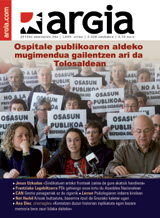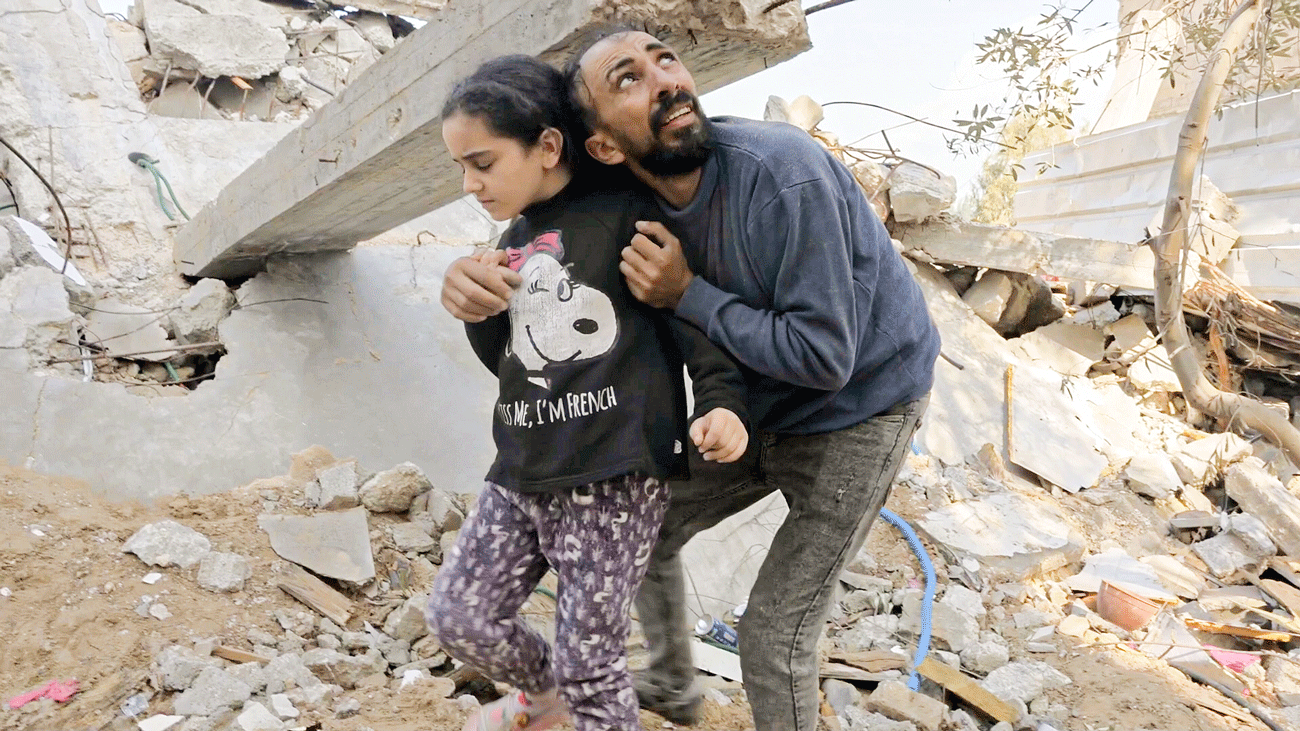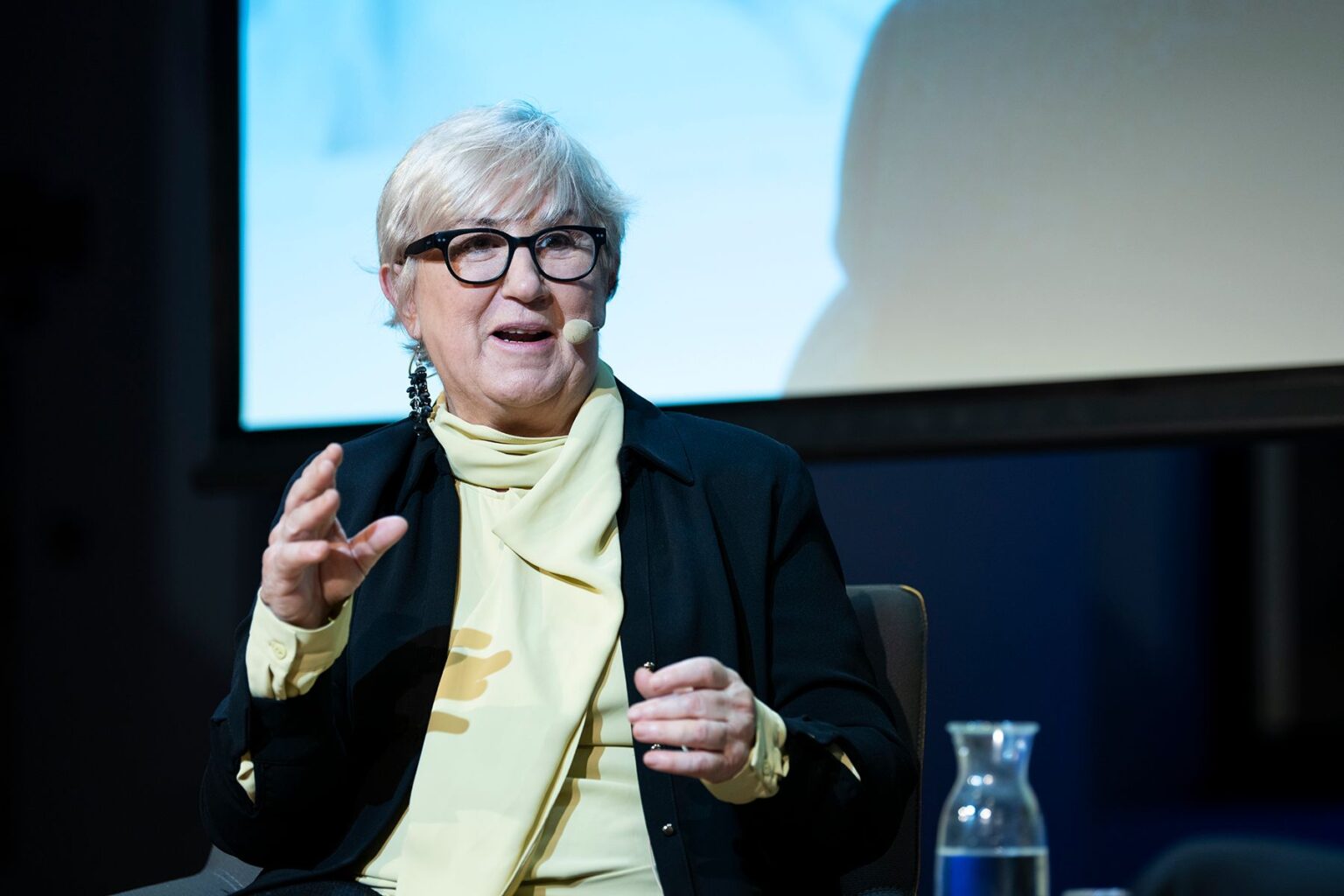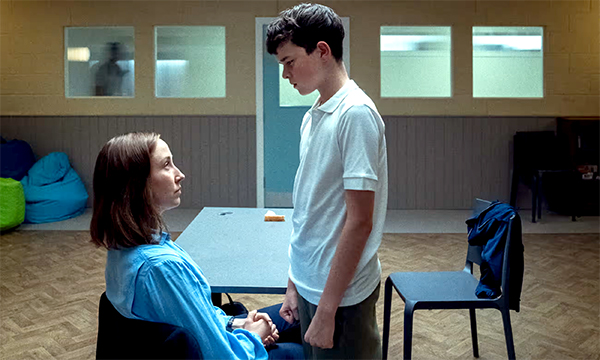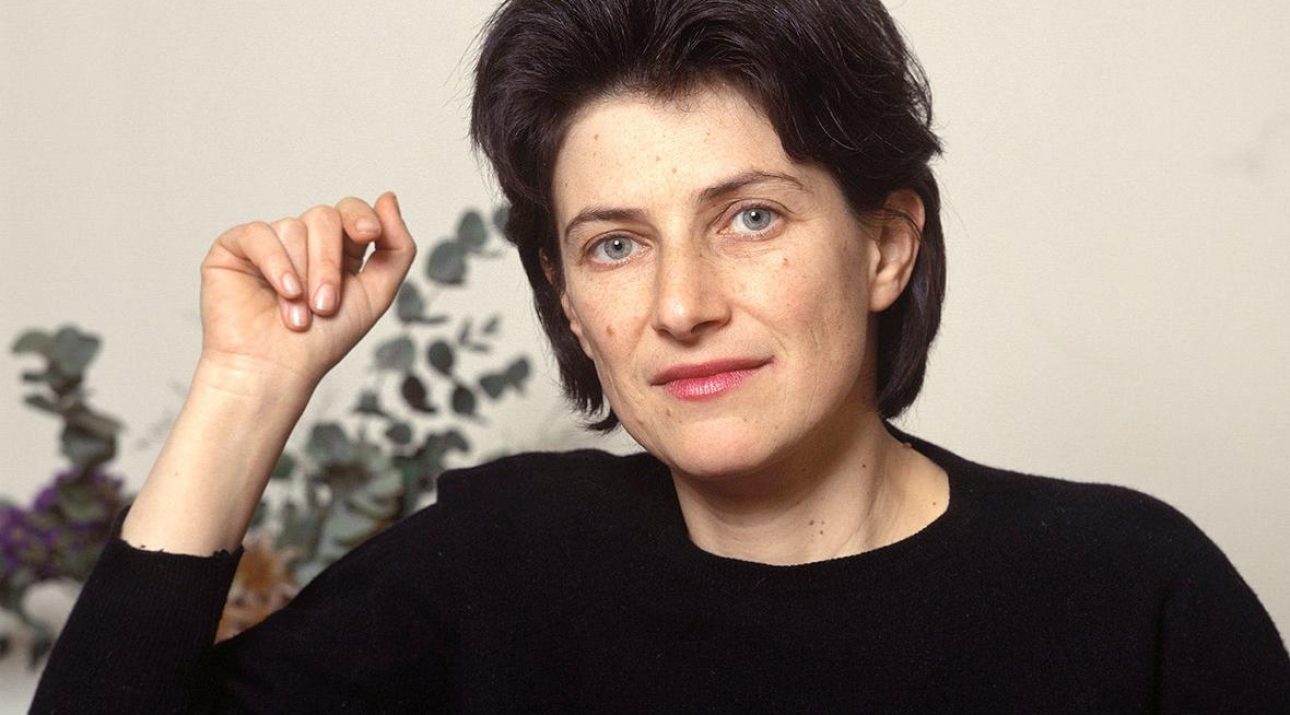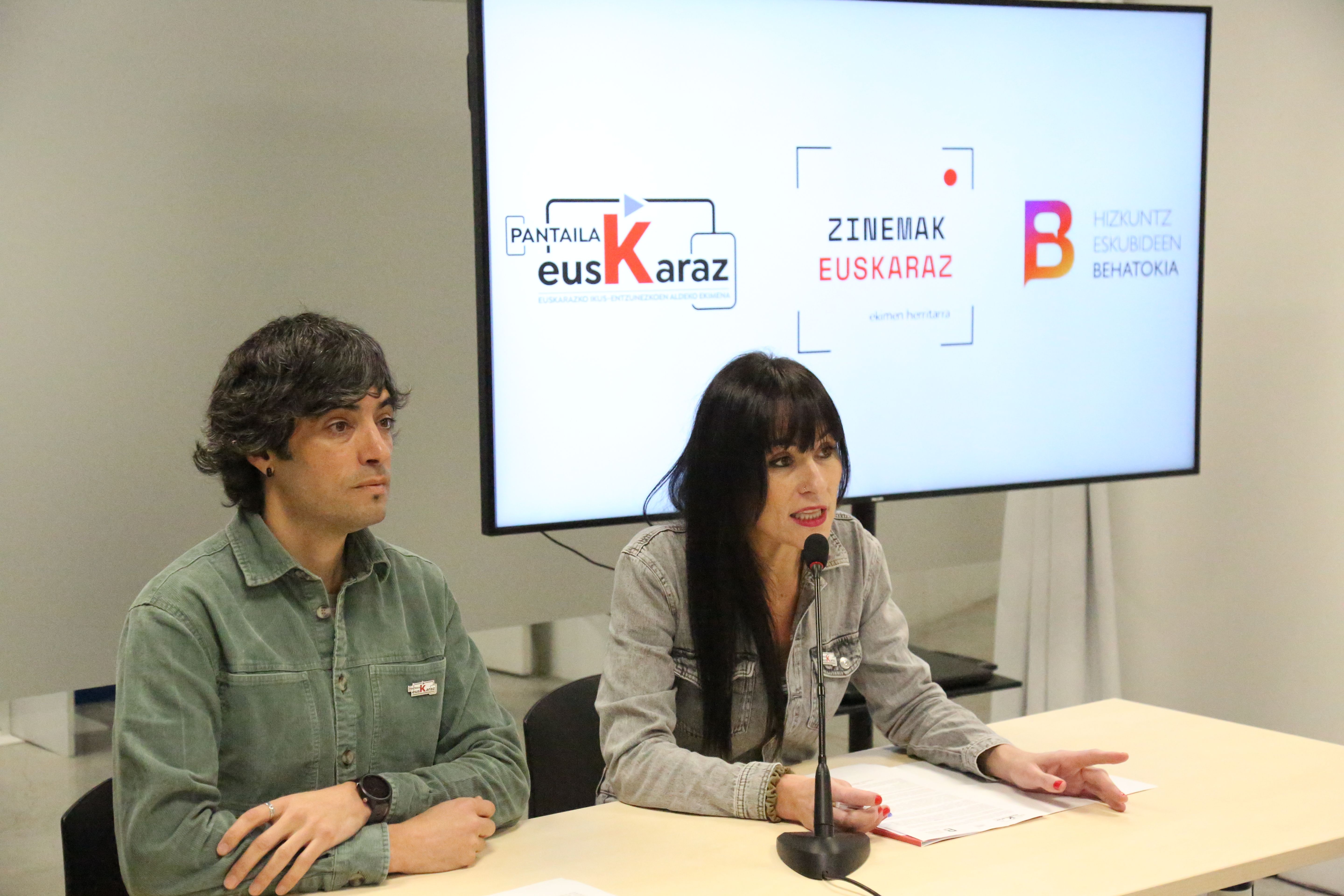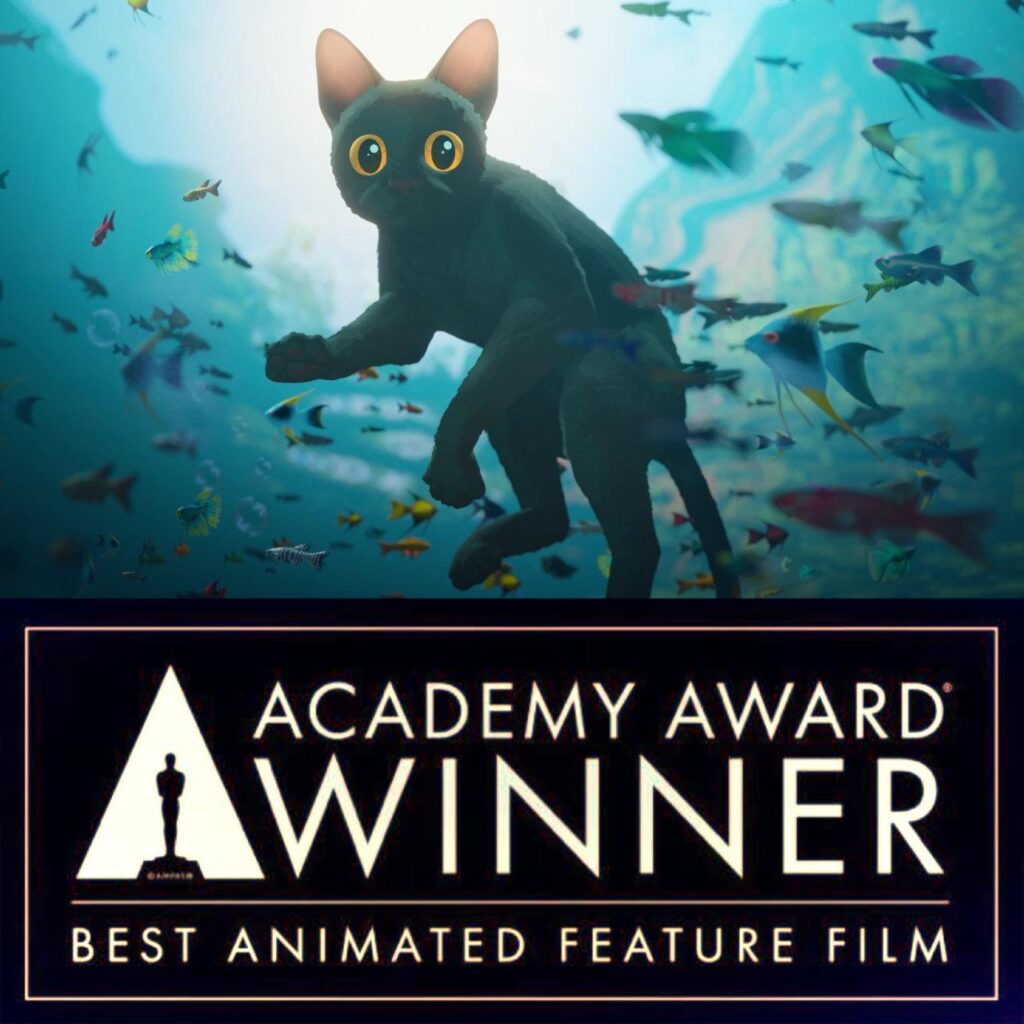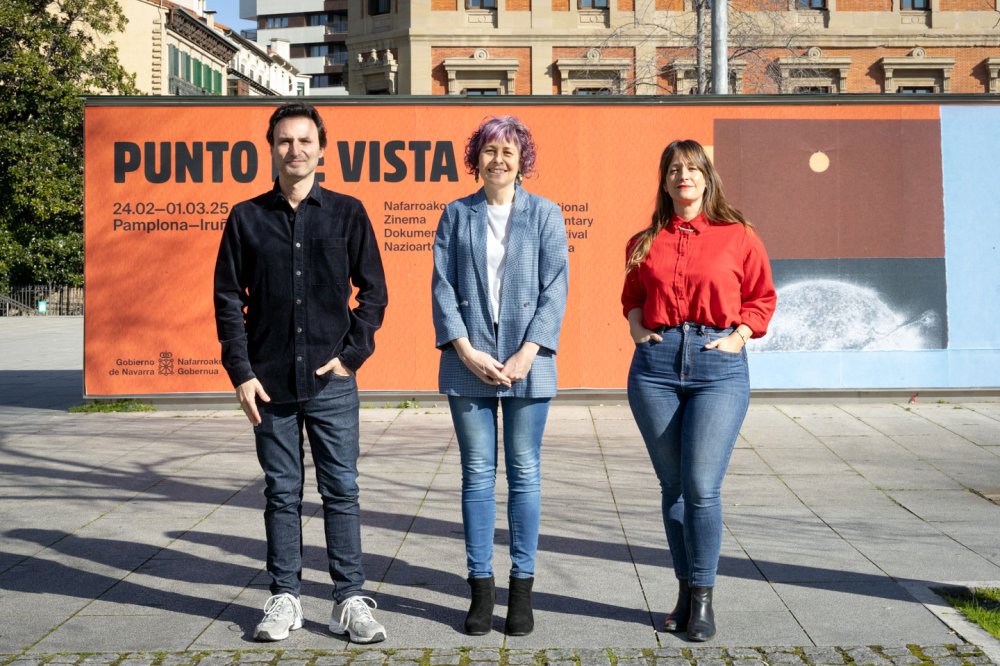"Life is a conflict, I don't get comedies."
- Ander and Yul (1989) talk about the relationship between an ETA member and his friend, the drug camel. It is known especially for this film, but the Tudelano director has a very complete filmography. The Basque Film Library has held a retrospective and a book on Díez's work, entitled 'El Niño', will be published in July.
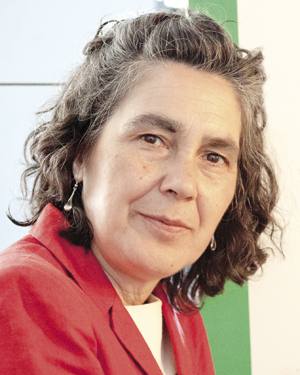
Elvira La Cruz, maximum penalty (1985) was your first job on a Mexican woman sentenced to life imprisonment. Cuba, Colombia, Uruguay have also been the scene of your films. What attracts you from Latin America?
I tend to say that I was born again when I go to Mexico, at least as far as activity is concerned. I went to PhD in public health and ended up in film school there. I discovered in Latin America the kind of cinema that you didn't see in Spain, and yes, that society attracts me, the things that we share, but above all the differences, culture is so varied, because each country is very different and complex within Latin America. How each country deals with the issue of Indigenism, how agrarian reform was carried out, how the cities and the bourgeoisies have been built… There I feel comfortable.
How the characters adapt in a certain place and time that has touched them to live, this is discussed in many movies, highlighting the influence of the political and social context. Is the key to balancing macrohistory and personal stories?
That's right. I can't approach history as such, let alone as a filmmaker, out of ignorance and because it's a complex story, but it's true that all of my characters move in very concrete socio-historical environments, that is, I'm interested in that environment where characters play one way or another. Within this “great” history, there are always very intimate, private stories. For example, Paisito is the story of two families, two families who suffer in a very different way the injustice of the dictatorship, but my intention is not to analyze the dictatorship, but to tell it to some of the families who suffered the dictatorship. Those who are not very clear about what to deal with the dictatorship, how they face it… The same in Everything is dark: When Colombia collapses, I get the perspective of a woman going there a week, not the total breakdown of the country.
But after all, the story you choose will condition your vision of this socio-historical context.
Of course. Through these micronarratives, I think that the viewer can feel the vision of the reality that I want to build or reflect dramatically. With my films, I want to do a certain analysis of the environment in which they move. After all, I often talk about reality, I document fiction and fictional documentaries. I always move between the two, when I do the documentary, I look for the dramatic elements that will best come to me to reflect reality, and when I do fiction, research and document to know how the characters faced that historical context, so that they are credible and coherent. Anyway, all the works are subjective, both documentary and fictional, you're always bringing your point of view to what you're counting.
In those decisive contexts, you choose common characters, not heroes.
Yes, and that’s why I think they’re not Manichean characters, they have moral dilemmas and ambivalences, they have doubts… After all, they look like all of us, because we think about the epic of heroes, but when it comes time to decide we always have doubts.
Madrid, mon amour short, you denounce the situation of 2004, under the government of pp, and the main issue is police repression of protesters. They look like pictures taken today.
Joking about the Holocaust, Woody Allen said in a movie that they were invented to overcome the challenges, like saying that they would also surpass that record -- and it's terrible. But, in fact, the police state, the Big Brother State that wants to impose the PP, is impressive, because before the anti-crisis measures are applied comes those of the Ministry of the Interior, for example, that peaceful concentrations are considered an attack on authority. So, yes, there are similarities to this short film, but overcoming it, as the current situation is much worse than at the time of the anti-war movement in Iraq.
Memory is the escape medium, in this short film, which has the collaboration of EiTB. In fact, you take the distance to tell historical events, is it better to let the time pass to reflect well what happened?
It is better to take the distance to tell some social facts on several occasions, but it is also true that there are very good works that have been done at the time. [Patricio Guzmán] The battle in Chile, for example, when Allende was in power, is a very prudent analysis, which remains valid. I don't know what the best will be, but the important thing is to know what motivates you and to know how to do it without falling into Manicheism. After all, if you have been implicated in this history, the memory itself can become a wound, and the wound can be cured either well or not… Memory is necessary, however, to analyze and visualize the injustice that the citizens feel they have suffered.
From the film Ander and Yul, in an interview at the time he said: “I didn’t want to make a political film, nor, above all, a film with political thesis.” Can this be achieved when you talk about ETA?
I wanted to say that my intention was not to make theses, because as I said before, they are microstories. In this case, it is the story of a militant and his friend the camel, it is not a question of analyzing the whole phenomenon of the Abertzale militancy, but at the same time I wanted to reflect how the division that was taking place in such a small society in the face of this phenomenon, the need to be in favor or against and the lack of determined attitude, the stagnation in the middle has deteriorated many personal relationships.
At the San Sebastian Film Festival in 1989, two screenings were offered, and in both the film was made in silence. Not a pat, not a whistle.
That's right. They didn't throw me tomato, but they didn't applaud me either, and you expect some reaction, either for or against. In the film there are no good or bad, there is a militant who believes in some ideas and another who seeks to survive; but if he is a good militant, he has to kill his partner in the end, because if he had not been another film and the methods of that militancy are criticized. Maybe that's why, that welcome, because no one was portrayed as a hero, but not as an evil movie. I left everyone's opinion to value what I'd seen, to decide whether the goals justify the means. In a way, I convey to the viewer the doubts that the protagonist may have.
He was given the Goya to the new director for the film, but at the same time he received bad criticism in the press here.
It is true that the press of Euskal Herria did not welcome him, but they did not say that it was a very bad film, because the critic can cast the five-year work in two lines. It is curious, however, that the opinions were so disparate, that both had reflected differently on the last decision taken by the militant. The matter was very difficult and controversial, and some did not like the treatment given, I was told that ETA had left the campaign to kill the drug traffickers; in addition, the protagonist has to kill a poor – and not a large trafficker – and some did not accept that given image of ETA well.
He was criticized for having represented a dark, gloomy Basque Country. Do you remember the Basque Country of that time?
I remember that very well. It was the time of industrial reconversion, with a large number of unemployed, and a more or less stabilized transition left a great disappointment among people. And there was drugs, especially heroin, in the oldest parts of San Sebastian, Pamplona or Bilbao. In 1982, I left Euskal Herria, and when I came back, I found another landscape, totally dark.
The other films also have a black tint, something gray in general, with a thriller touch and suspend on issues such as violence, death, mafia or corruption. At least in his filmography, life is not rosy.
Life is often constructed from the ashes, it is constantly up to us to be reborn, to face conflicts, life is a conflict, and depending on where you live, it can lead you to smoke completely or suffer small burns, sorrows, to reborn from them. It seems to me that someone can see the rosy life, but I am not able. Sometimes, a good comedy tells you life very well, better than tragedies, but I don't get comedies.
You are the woman who has filmed the most in the Basque Country. According to a 2009 study, in the Spanish state only 9% of film directors are women.
I am a professor at the Madrid Film School and there are many more students, but then they do not reach the top positions, they have to face invisible obstacles, integration is not total. And if there are more women, I would be enriching, in order to provide many perspectives, although there is everything among women, I, for example, will not defend Margaret Thatcher, I do not care if I am a woman.
And how is “the magic of cinema” taught?
With a great deal of patience and, at the end of the day, analyzing the masterpieces. Orson Welles said that language can be taught in an afternoon, but you learn to tell emotions and to transmit models. To see what plane, camera movement, soundtrack, light… the great directors have used to convey concrete emotions.
How do you transmit emotions?
I usually say that in the good scripts, each sequence is a little movie, a fundamental dramatic unit, and that's why I try to create emotions in each sequence, transmit a certain emotion. Sometimes I'm right and others aren't, it's a search job.
With the retrospective and the book, he's been able to check out his filmography. Have you detected new nuances?
It's true that I've been highlighted by some of the features of my filmography, and I've realized them. For example, that my movies talk about lost havens, that my characters decided in their day not to take a path, and that, those lost havens, has marked them forever.
Medikuntzako doktore tesia egitera joan zen Mexikora, baina bertan zine zuzendaritza ikasten amaitu zuen. Han jaio zen Elvira La Cruz, pena máxima (1985), eta beste hiru dokumental egin ditu ordutik: La mafia en La Habana (2000), Galíndez (2002) eta Madrid, mon amour (2004). Fikzioan berriz, zuzendari berri onenaren Goya Saria irabazi zuen Ander eta Yul pelikularekin (1989) eta Todo está oscuro (1997), Algunas chicas doblan las piernas cuando hablan (2001) eta Paisito (2008) filmatu zituen ondoren. Orain, Manuel Hidalgo eta bien artean idatzitako La puerta del amor errodatu nahi du, “nahiz eta produkzioa aurrera ateratzea nekeza izaten ari den, garai zailak direlako”.
No other land dokumentalaren zuzendari Hamdan Ballal kolono sionistek jipoitu zuten astelehenean bere herrian, beste hainbat palestinarrekin batera, eta Israelgo militarrek eraman zuten atxilo ondoren. Astarte goizean askatu dute.
Donostiako Tabakaleran, beste urte batez, hitza eta irudia elkar nahasi eta lotu dituzte Zinea eta literatura jardunaldietan. Aurten, Chantal Akerman zinegile belgikarraren obra izan dute aztergai; haren film bana hautatu eta aztertu dute Itxaro Bordak, Karmele Jaiok eta Danele... [+]
35 film aurkeztu dira lehiaketara eta zortzi aukeratu dituzte ikusgai egoteko Euskal Herriko 51 udalerritan. Euskarazko lanak egiten dituzten sortzaileak eta haiek ekoitzitako film laburrak ezagutaraztea da helburua. Taupa mugimenduak antolatzen du ekimena.
Pantailak Euskarazek eta Hizkuntz Eskubideen Behatokiak aurkeztu dituzte datu "kezkagarriak". Euskaraz eskaini diren estreinaldi kopurua ez dela %1,6ra iritsi ondorioztatu dute. Erakunde publikoei eskatu diete "herritar guztien hizkuntza eskubideak" zinemetan ere... [+]
Geroz eta ekoizpen gehiagok baliatzen dituzte teknologia berriak, izan plano orokor eta jendetsuak figurante bidez egitea aurrezteko, izan efektu bereziak are azkarrago egiteko. Azken urtean, dena den, Euskal Herriko zine-aretoak gehien bete dituztenetako bi pelikulek adimen... [+]
Otsailaren 24tik eta martxoaren 1era bitartean, astebetez 60 lan proiektatuko dituzte Punto de Vista zinema dokumentalaren jaialdian. Hamar film luze eta zazpi labur lehiatuko dira Sail Ofizialean; tartean mundu mailako lau estreinaldi eta Maddi Barber eta Marina Lameiro... [+]
A conference for architects has just been held in Madrid to discuss the crisis of the professional architect. They have distinguished the traditional and contemporary way of being an architect. What is traditional? From the epic architect who appears in The Brutalist, where... [+]









